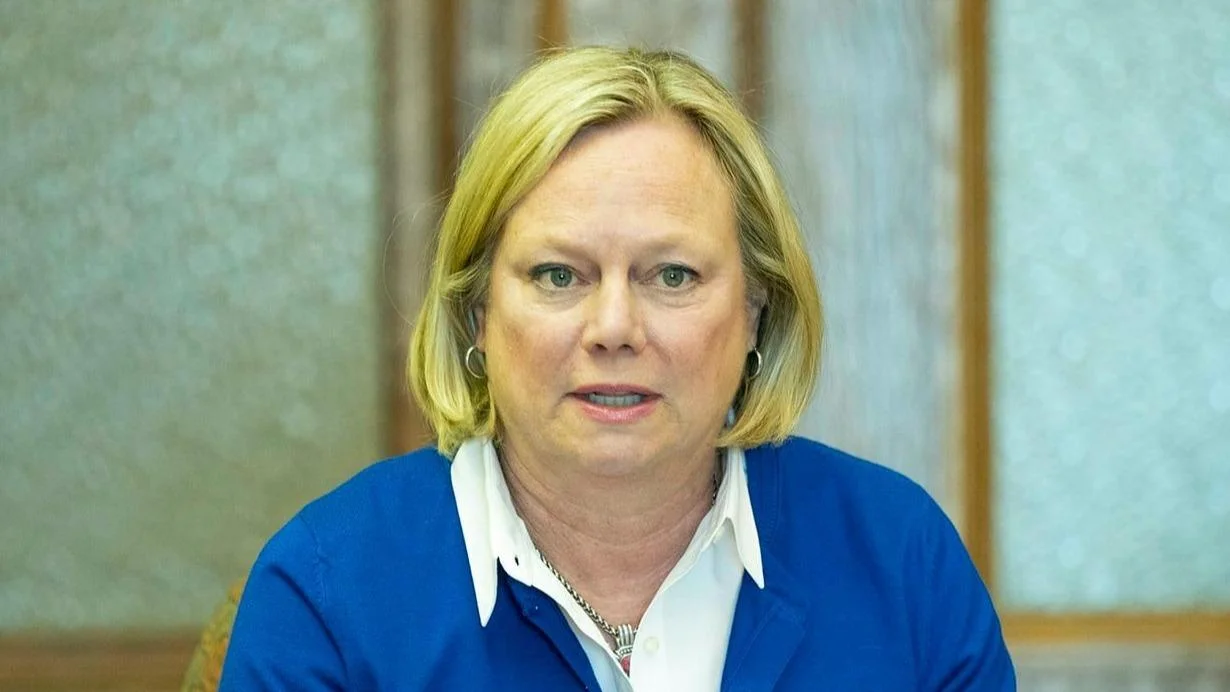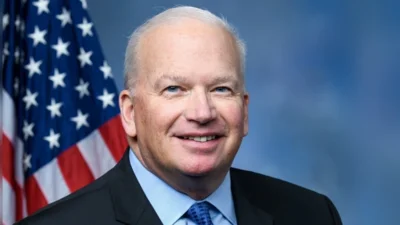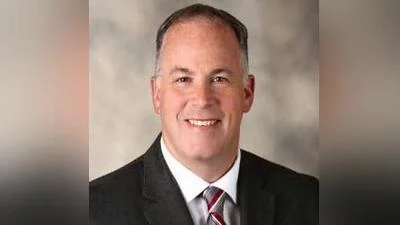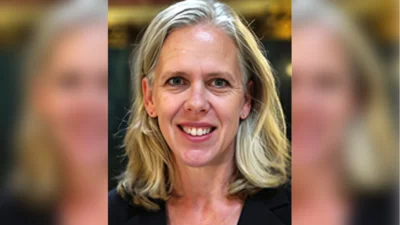Cindi Duchow, Wisconsin State Representative for 97th District | https://www.facebook.com
Cindi Duchow, Wisconsin State Representative for 97th District | https://www.facebook.com
According to the Wisconsin State Legislature's official website, the bill was described as follows: "interpreter action by telephone or live audiovisual means in civil or criminal proceedings".
The following is our breakdown, based on the actual bill text, and may include interpretation to clarify its provisions.
In essence, this bill amends statutes 807.14 and 967.09 to allow interpreters to operate by telephone or live audiovisual means during any civil or criminal proceeding, including trials. Previously, interpreters could only use these remote methods in non-trial proceedings. The bill aims to expand the use of technology in court proceedings to facilitate interpreter participation, enhancing accessibility and efficiency in the judicial system.
The bill was co-authored by Senator Van H. Wanggaard (Republican-21st District), Representative David Armstrong (Republican-67th District), Representative Lindee Rae Brill (Republican-27th District), Representative Barbara Dittrich (Republican-99th District), Representative Bob G. Donovan (Republican-61st District). It was co-sponsored by Senator Rachael Cabral-Guevara (Republican-19th District) and Senator Cory Tomczyk (Republican-29th District), along 14 other co-sponsors.
Cindi Duchow has co-authored or authored another 22 bills since the beginning of the 2025 session, with none of them being enacted.
Duchow graduated from the University of Wisconsin.
Duchow, a Republican, was elected to the Wisconsin State Assembly in 2025 to represent the state's 97th Assembly district, replacing previous state representative Scott Allen.
In Wisconsin, the legislative process starts when a senator, constituent, group, or agency proposes an idea for a bill. After drafting, the bill is introduced, numbered, and referred to a committee for review and public input. If approved, it moves through three readings and votes in both the Senate and Assembly. Once both chambers pass the same version, the bill goes to the governor, who can sign it, veto it, or let it become law without a signature. Only a small share of bills introduced each session ultimately become law. You can learn more about the Wisconsin legislative process here.
| Bill Number | Date Introduced | Short Description |
|---|---|---|
| AB148 | 03/17/2025 | Interpreter action by telephone or live audiovisual means in civil or criminal proceedings |
| AB139 | 03/17/2025 | A tax credit for relocating to this state due to Hurricane Helene or the Los Angeles wildfires. (FE) |
| AB71 | 02/24/2025 | School district operating referenda |
| AB51 | 02/20/2025 | Participation in interscholastic athletics and application of the public records and open meetings laws to interscholastic athletic associations |
| AB34 | 02/17/2025 | Court-issued criminal complaints in officer-involved deaths |
| AB8 | 02/06/2025 | Agreements for direct primary care |






 Alerts Sign-up
Alerts Sign-up